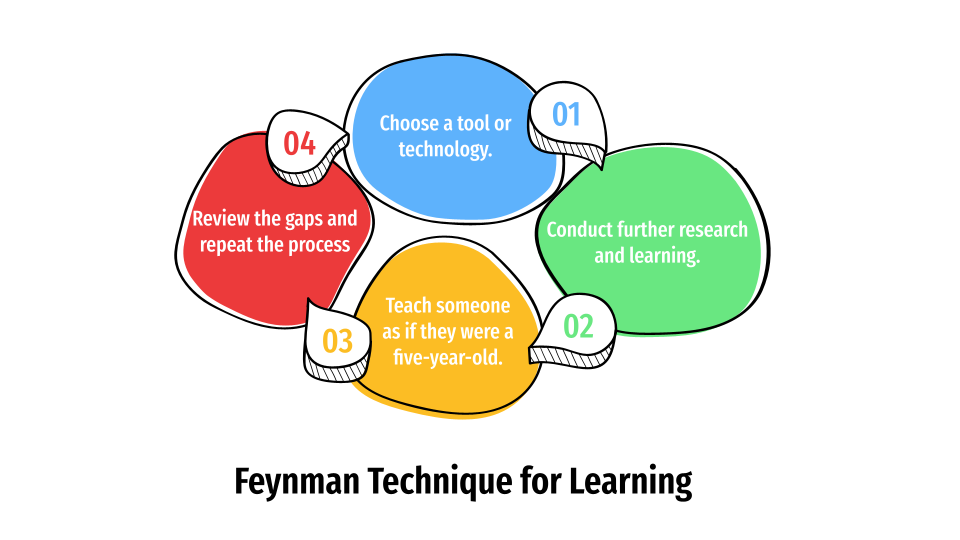In today’s fast-paced academic environment, students are often overwhelmed by the pressure to excel, maintain social lives, and manage expectations. This can lead to stress, anxiety, and burnout. Stoicism, an ancient Greek philosophy, offers timeless wisdom that can help students navigate these challenges with a sense of calm and purpose. In this Wellness Corner article, we will explore how we can apply Stoic principles to improve mental health, resilience, and focus.
1. Focus on What You Can Control
One of the core teachings of Stoicism is to focus only on what is within your control and let go of the rest. This means concentrating on your efforts rather than obsessing over outcomes like grades or others’ opinions.
- Practical Tip: Before exams, remind yourself that while you cannot control the exact questions on the test, you can control how well you prepare. Shift your focus to studying diligently and managing your time wisely.
2. Practice Negative Visualization
Stoics believe in preparing for the worst to reduce the impact of negative events. By visualizing potential challenges or setbacks, we can build resilience and avoid being caught off guard by unexpected difficulties.
- Practical Tip: Before starting a big project or exam prep, consider what could go wrong—technical issues, unexpected interruptions, or a tougher exam than expected. By mentally preparing for these obstacles, you’ll remain calm and better able to adapt when things don’t go as planned.
3. Embrace Discomfort and Build Resilience
Stoicism teaches that challenges and discomfort are inevitable parts of life and opportunities for growth. This might mean facing difficult assignments, presentations, or balancing a heavy workload.
- Practical Tip: Instead of avoiding difficult tasks, approach them as chances to build resilience. If a subject is particularly challenging, remind yourself that perseverance in the face of discomfort is how growth happens. Regularly step out of your comfort zone to stretch your abilities.
4. Live in Accord with Nature
Stoicism emphasizes aligning with nature, which can be interpreted as living in accordance with your true values and understanding that everything is transient. This means not clinging too tightly to fleeting moments of success or failure.
- Practical Tip: If you didn’t do well on a test or experience a setback, view it as a natural part of the learning process. Just like seasons change, so do moments of difficulty. Embrace the ups and downs, understanding they are part of your growth
Conclusion: Applying Stoicism for a Balanced Student Life
By incorporating Stoic principles, students can manage stress, focus on what truly matters, and build resilience against academic and social pressures. Stoicism helps students navigate the ups and downs of school life with a calm mind, a focused heart, and a sense of inner strength. When you start applying Stoicism, you’ll find that it doesn’t just improve your grades or reduce stress—it transforms how you approach life’s challenges as a whole.
Whether you’re preparing for exams, dealing with peer pressure, or managing your schedule, Stoic practices can help you maintain balance and perspective, ultimately leading to a more fulfilling and successful student experience.







